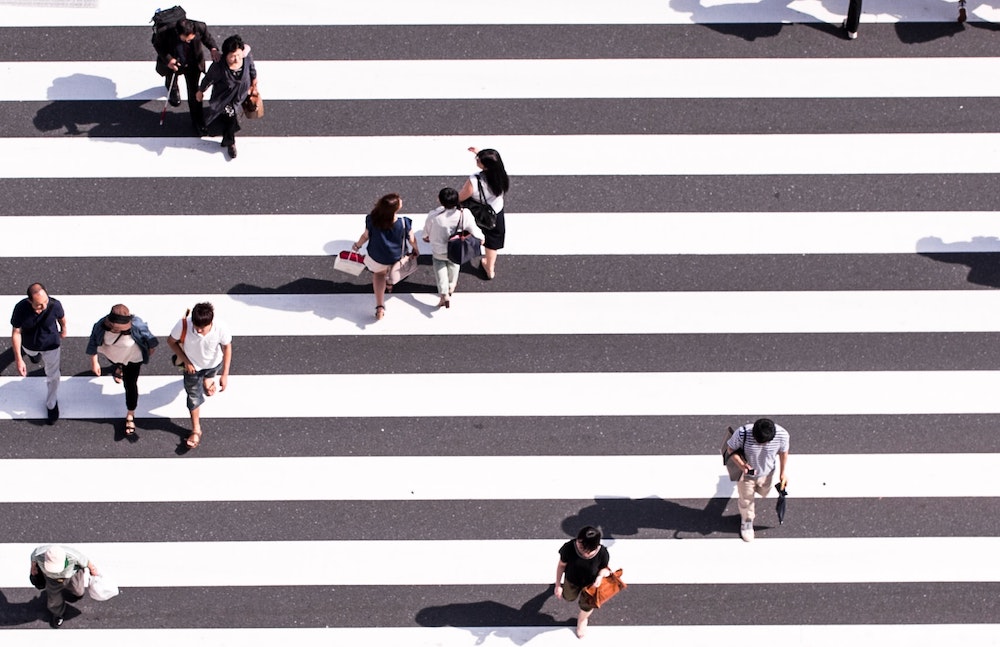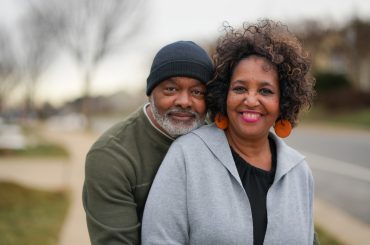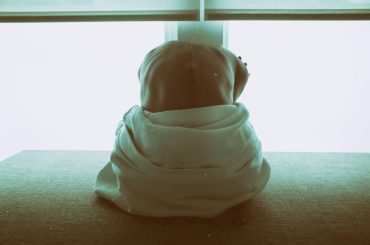A recovery process is supposed to be a bridge to normal living.
It takes a while – this normal living. It happened for me when I stopped measuring my normalness against others idea of what normal and abnormal is. On reflection, aren’t we all living pretty normal lives? We believe that a normal life is functional, happy, untroubled and balanced.
But if you look around in our society, none of that is normal, and probably never has been. We have created an ideal view of normalcy, perpetuated by a mostly Christian viewpoint that has infiltrated every part of our society without us consciously noticing. This normal is totally unobtainable for most, and leaves us dealing with a lifetime of feeling shame because we don’t measure up. In fact, the normal for most people involves experiencing trauma frequently, struggling to make ends meet and worrying about how to provide our basic needs. Experiencing these everyday events does not make anyone inferior, bad or maladjusted. It makes you human!
Addiction these days is the most normal, accepted and encouraged state of being there is.
Even if our needs are being met, we are consumed by competing. Being the best, prettiest thinnest—and definitely making sure the rest of the world knows we are all those things. Addiction is the most normal, accepted and encouraged state of being there is.
You’re probably thinking I’m exaggerating, and I really wish I was. But in actuality, most everyone on the planet has an addiction to something. Maybe not drugs or alcohol, but definitely other things like money, self-righteousness, sex, being acceptable – the list is endless, and the consequences are as equally devastating.
Everyone has a go to behaviour that helps us distort reality. Nobody is free of addiction. The only difference between one addicted person and another is that one addiction is more attractive to them than another.
Even some people in recovery become addicted to recovery.
Is this a good or a bad thing? For me it would be problematic. Segregating ourselves from the rest of the population and labeling others as “normies” and ourselves as addicts—not like them, different, special in some way—is burning bridges rather than crossing them.
Sticking labels on myself made me feel disconnected and abnormal from the general population. Sometimes, in certain situations, it made me feel superior, because I was led to believe people in recovery had a greater understanding of life, God and the world than the rest of the population. It helped me to focus on my very human behaviour, the part of me that needed an addiction. It showed me where I was dysfunctional and fearful, and using obsessive behaviours as coping tools.
But going into meetings and referring to myself as an addict and an alcoholic started to feel very uncomfortable to me. I began to feel like I was lying. I didn’t like the “us versus them” idea because as I grew mentally and emotionally and became compassionate, I saw that everyone is struggling with something. Even the people who had abused me and damaged me irrevocably were attempting to ease their own horrific pain.
I knew I had to widen my experience of the world to truly recover…
and actually understand why I had chosen self harm instead of self love. I read relentlessly about human nature and its deepest taboo concepts. People like Carl Jung, Ken Keys and Carlos Castaneda opened up the truth and expansiveness of my humanness. The parts that are too strange for most of us to even look at. I had to be fearless and thorough—a grossly underused and undervalued 12 step concept.
To really recover, I had to learn about the darkest parts of myself and understand that these are the areas that drive my being. I had to have deep conversations with people right across the world who lived authentically, embracing these parts of themselves. People who didn’t pretend that love and light was the way out of addiction, but who understand that making friends with our darkness is the fastest route. Ignoring our own darkness makes us very judgmental, fearful people.
I had to explore, expand and truly learn about my own magnificence and power without shame. As I grew, I was rejected by those in my recovery community, by lovers, by friends who turned out to be nothing more than acquaintances; some who were using me as their own addiction. I looked at my own ill effective behaviours more deeply than I ever thought possible and I learned to love them and celebrate them as much as my socially acceptable traits. This is the most empowering, spiritual process I have ever encountered.
In my quest to know myself, I found that I am a very normal human being.
Not different. I found that I am unique as a spirit and a soul, but not unique in my experiences. There are strange and exciting parts of myself that anyone can discover, if we are not suppressed with rules and dogma. I opened my mind. And I opened my heart. I went to any lengths and I found my normalcy. I found myself. And I discovered that if I am an addict, then so are you.







7 Comments
This article needs to be read by everyone in the 12 step community. Thank you. I don’t believe in labeling myself an addict anymore than I’d label myself any disease I have. I struggle with addiction. I have the tendency to escape my feelings in many ways, but via recovery, I can and have created a more “normal” healthy life (and that’s a relative concept, for sure).
I am into my second decade of recovery. Over the past few years I’ve come to realize recovery takes place outside the rooms. We learn recovery tools and principles to practice in everyday society. Broadening my spiritual foundation by my just simply living.
I’ve been at this recovery thing for quite some time now and just recently I realized I need to pull away from it not to forget just distance myself because as I evolve as this new person so have my interests.I guess what I’m really trying to say is I don’t want to be stuck in recovery I just want to grow and move on. I’m excited about the future and what it holds
Please don”t blame Christianity as to why we feel guilty. and compare as to what is normal. If you read the bible there is love and grace and forgiveness. Yes, there may be some religions who misinterpreted and created shame and guilt onto their members, but Christianity itself is not that way. One must be careful not to judge. Thank you for listening.
I have read the bible. I write from experience not heresy. I’m not being judgemental but perhaps you are.
The was a great read. I don’t like the labeling and I’m a huge fan of classic psychology. One has to indeed embrace the light and the dark because of you embrace only one you will by default create an us vs them situation in your head.
How do you speak to people worldwide in recovery! I’m very new but I’d love to know how I can so I can put aside the cultural bias when talking to other people with this very strange human condition that has always fascinated me(unfortunately to the point I indulged in self harm)
I do find the self harm outlook as very interesting but I ended up getting this superiority complex thinking ‘’ I’m better than you because you choose to hurt others and I only hurt myself at least because I refuse to hurt others’.
The superiority complex is truly real. I’m so new to recovery but I have also noticed how I’ve caught myself into thinking how I’ve had such a unique painful experience that only I and people who been through what I DID(other drug addictions besides my opiate behavior count as less severe and easier).
I also felt I understood the world, spirituality, pain, people and so many things better. Heck I just realized I do this after reading your post.
Dang. What is it with a lot of people that use who get this way during recovery lol. It must be the narcissism and self obsession that got us using which resurfaces in other forms
This was a great article. I haven’t been to 12 step besides a couple or meetings but I have heard so many of the same abuses with power, labeling, shaming others who are in medication assisted therapy as well as being overly God pushing.
I was going to read the whole article very excited about it but when I read the first 3 sentences it sounded like you were bashing the Christian lifestyle and for me that was when I turned you off ! If it wasn’t for Christ we wouldn’t be here and def not in recovery we would be dead so please reconsider your stand on that